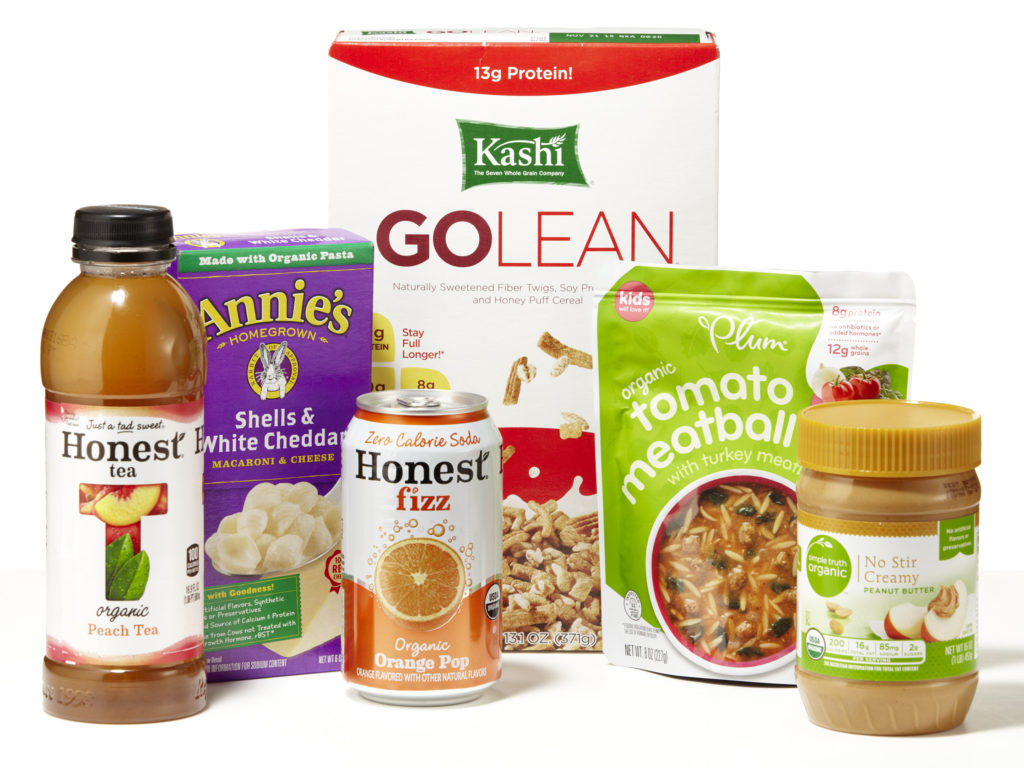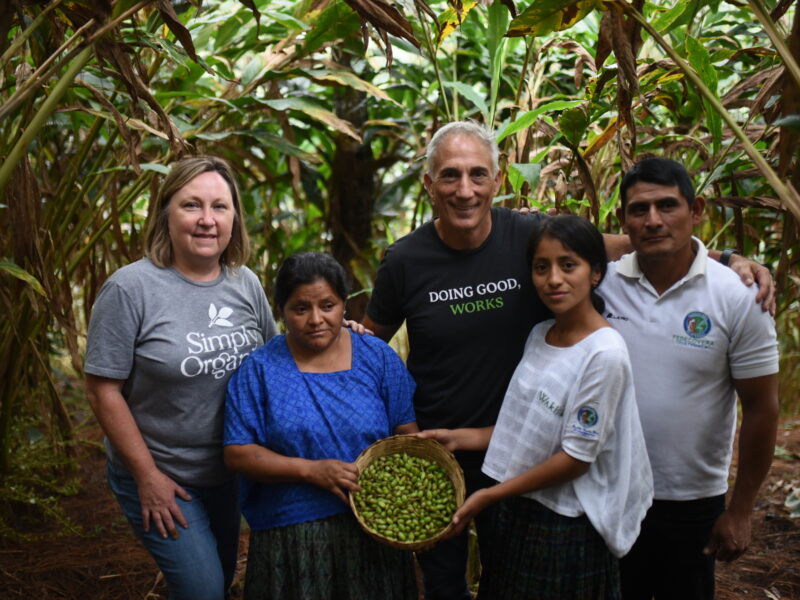By Gary Hirshberg
A recent blog by NPR’s Dan Charles suggests that greater disclosure of genetically engineered ingredients on food packages could somehow harm organic food sales. In particular, Charles suggests that foods certified by the non-GMO project will hurt organic. But, he misses the bigger picture. The same forces that are creating demand for food free of genetically engineered ingredients are also contributing to increases in organic food sales. And, those forces are growing stronger every day. The real enemy of both organic and non-GMO is bogus “natural” claims that mislead consumers into thinking “natural” foods are GE-free when many are not.
Consumers want to know more than ever about their food: where it’s made, who made it, and what’s in it. In particular, more than 90 percent of consumers want to know whether their food contains genetically engineered ingredients – and they want the same rights as consumers in 64 other nation where GE labeling is mandatory. But that’s not all. Consumers also want to know more about the presence of other ingredients in their food. The recent explosion of interest in the (unpronounceable) food additive azodicarbonimide – banned in the EU but sold in more than 500 products in the US – demonstrates how intensely consumers are examining their food.
While “organic” is the original non-GMO seal, there is plenty of room on the grocery shelf for foods highlighting other attributes consumers are looking for – ranging from GMO-free to gluten-free. When you buy organic, you’re not only guaranteed that your food is free of genetically engineered ingredients. You also can rest assured that you food has produced without antibiotics, toxic pesticides and hormones. But, not all consumers will choose organic.
The real threat to organic comes not from non-GMO claims but from “natural” claims that confuse consumers into thinking foods made with GMOs – and lots of other things you wouldn’t find in nature – are the same as organic food. Unlike foods labeled as “natural,” food labeled as “organic” or “non-GMO” are subject to actual standards. In the case of organic, tough environmental and animal welfare standards are backed by the USDA and subject to inspections. By contrast, there is no official definition for “natural” and companies routinely include GE ingredients in foods labeled as “natural.”
We support the non-GMO project, as do many organic companies, because consumers deserve to know what’s in their food. The same trends that driving conventional brands like General Mills and Post to label Cheerios and Grape Nuts as “non-GMO” are lifting organic sales as well. Hardly “frenemies,” as Charles puts it, organic and non-GMO brands are enjoying success by giving consumers what they really want: the right to make their own choices.
Gary Hirshberg is the Chairman of Stonyfield Farm and Chairman of Just Label It, a national GMO labeling organization.









